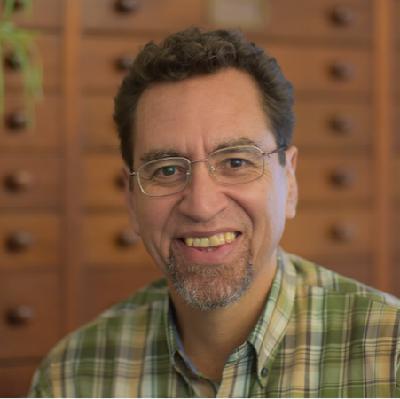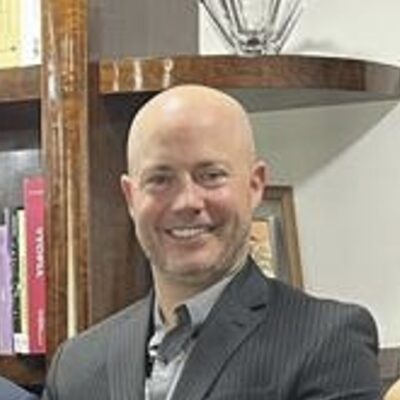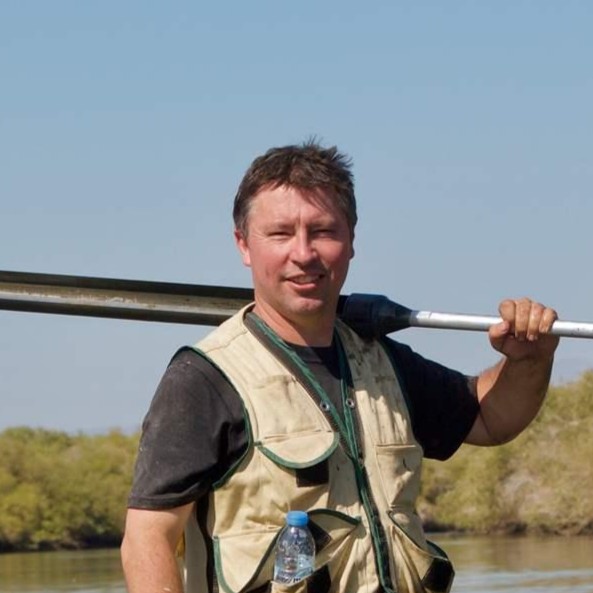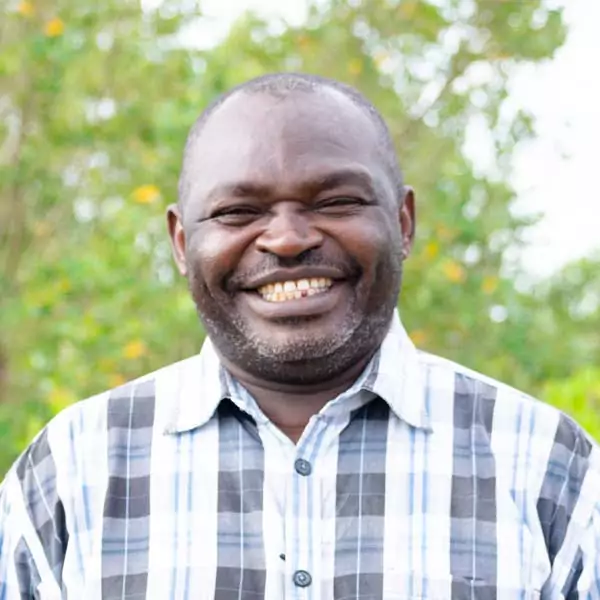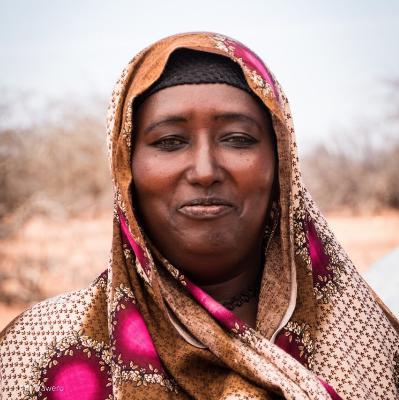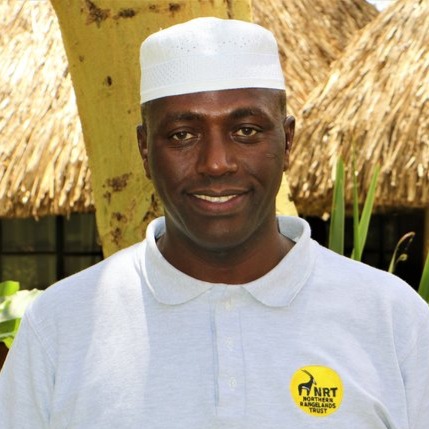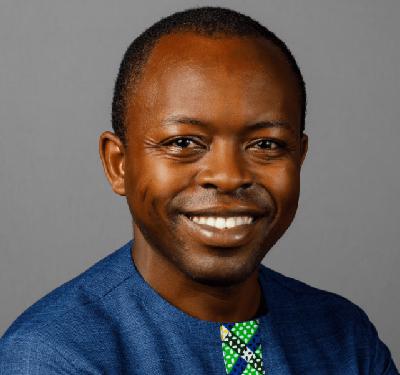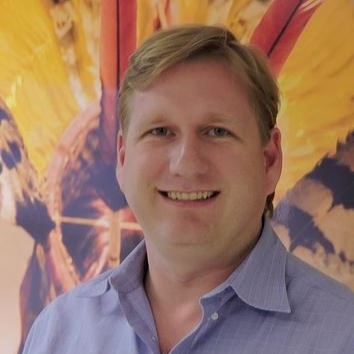105 | The Role of Carbon Credits in Conservation: A Case Study from Guatemala
Description
In this episode of Bionic Planet, we delve into the inspiring journey of Marco Cerezo, the director of Fundaeco, a conservation NGO based in Guatemala. Marco shares his lifelong dedication to nature conservation, sustainable community development, and the fight against climate change. He recounts his early experiences studying development economics and the pivotal moment in 1989 when he learned about climate change from NASA geophysicists, which fueled his passion for conservation.
Marco discusses the challenges faced by Fundaeco in its early days, relying on small grants and volunteers to support their conservation efforts. As the organization grew, they realized the limitations of traditional funding sources and turned to carbon finance as a sustainable solution. Through the creation of a REDD+ project in Caribbean Guatemala, Fundaeco engaged over 700 forest owners and 1,000 forest parcels to protect over 55,000 hectares of forest.
The episode highlights the meticulous process of securing free, prior, and informed consent from communities, educating them about carbon, and designing a transparent benefit-sharing mechanism. Marco emphasizes the importance of building trust with communities and ensuring that they directly benefit from the carbon revenues generated by the project.
Furthermore, Marco explains the methodology used to establish the baseline for the project, utilizing national forest cover maps and regional deforestation rates. He reflects on the long-term impact of REDD+ projects, with a time horizon of 30 years, providing financial sustainability and institutional strength to conservation efforts.
As the episode concludes, Marco underscores the critical role of REDD+ in biodiversity conservation and community development, urging for continuous improvement in standards and transparency. He envisions a future where local conservation NGOs and communities are empowered with carbon knowledge to mobilize capital at the scale needed to protect tropical rainforests.
Listeners are encouraged to support the production of more episodes by becoming patrons of Bionic Planet and leaving five-star reviews to help amplify the message of conservation and climate action. The episode closes with a call to unite in the collective effort to address the climate challenge and safeguard our planet for future generations.
Timestamps
-
Challenges of Implementing Carbon Finance: 00:02 :37-00:03:21
-
Discussion on Climate Change and Anthropocene: 00:04 :54-00:05:26
-
Interview Introduction with Marco Cerezo: 00:05 :26-00:06:06
-
Funding Challenges and Transition to Carbon Finance: 00:09 :15-00:11:36
-
Agroforestry and Sustainable Farming Practices: 00:13 :46-00:14:53
-
Implementation of Carbon Finance in Guatemala: 00:15 :05-00:17:39
-
Establishing Carbon Benefit and Methodologies: 00:17 :39-00:19:52
-
Community Engagement and Benefit Sharing: 00:20 :03-00:27:42
-
Long-Term Sustainability and Time Horizon: 00:34 :26-00:35:39
-
Baseline Establishment and Methodologies: 00:36 :01-00:37:46

